Episodes

Tuesday Apr 24, 2018
Hunting, Humanity, and the Liberal Arts with Dr. Jeremy Holmes
Tuesday Apr 24, 2018
Tuesday Apr 24, 2018
Wyoming, in addition to being a destination for skiing, hiking, backpacking, and rock climbing, has some of the best hunting and fishing in the country. Unlike skiing, backpacking and the like, hunting and fishing involve taking an animal’s life. The trout, salmon, pheasant, deer, elk, or pronghorn we hunt dies.
How exactly does that fit into Catholic theology and faith? Some might answer, “Not at all.” And yet, with the exception of dairy, regardless of what we eat—be it venison chops or pork chops—something always dies so that we can live. It’s a fact of life from which we typically buffer ourselves, purchasing meat on Styrofoam trays sealed with plastic wrap with little hint of the animal from which it came. But could it be the direct encounter with animals and death and life is good and right?
To discuss that and other matters related to life, God, creation, and human dominion over creation, we’re joined by Dr. Jeremy Holmes, theologian and hunter.
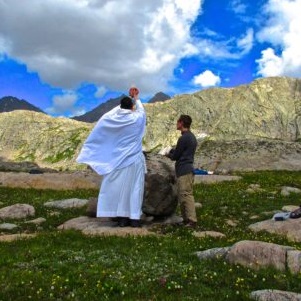
Tuesday Apr 17, 2018
I Lift My Eyes to the Hills: COR Expeditions with Dr. Tom Zimmer
Tuesday Apr 17, 2018
Tuesday Apr 17, 2018
Throughout the Scriptures men and women encounter God in the wilderness and the mountains. Think of Abraham traveling through the wilderness to that land God would show him. Think of the people of Israel in the desert with Moses receiving the Law on Mount Sinai. People swarmed out to see John the Baptist in the wilderness. Jesus spent forty days and forty nights in the wilderness. St. Paul after his conversion “went away into Arabia.”
This week at Wyoming Catholic College is Outdoor Week. Our students are in the wilderness encountering God (we trust) as they rock climb, go canyoneering, mountain bike, canoe, raft, and backpack.
Dr. Tom Zimmer runs the outdoor program at the college and, beyond the college, directs COR—Catholic Outdoor Renewal. COR’s mission is: “To provide transformative wilderness experiences which renew the hearts (cor being Latin for heart) of those who participate.”
Dr. Zimmer is out guest this week on The After Dinner Scholar.
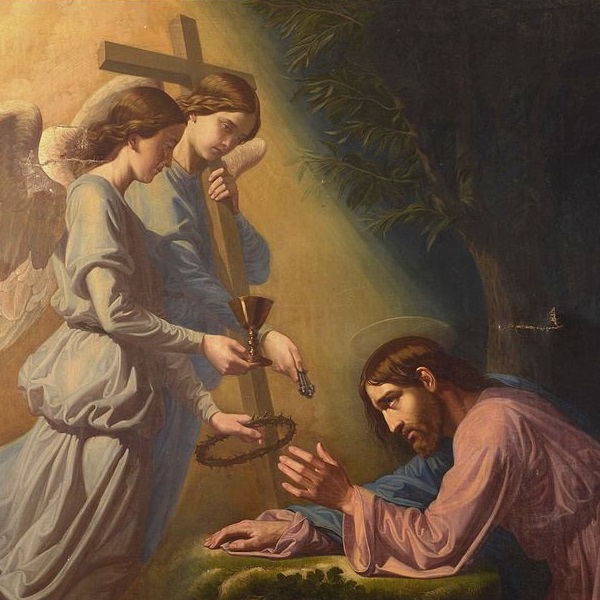
Monday Mar 26, 2018
Holy Week: "My Night Knows No Darkness" with Dr. Thaddeus Kozinski
Monday Mar 26, 2018
Monday Mar 26, 2018
In his sermon entitled “My Night Knows No Darkness,” twentieth century theologian Fr. Karl Rahner asked about Lent, “How is such a time relevant for us today with our many needs, our hopelessness with regard to this world, our bitter hearts, our sense that we would be willing to fast as long as it did not mean going hungry?”
In the sadness of modern life, why add more sadness and sober contemplation about our lives? What good does it do us? Why not jump to the joy of Easter and leave it at that?
Wyoming Catholic College Academic Dean and Associate Professor of Humanities and Philosophy Dr. Thaddeus Kozinski has been reflecting on Rahner’s sermon during this Lent and shares with us some insights during this Holy Week next on The After Dinner Scholar.
Fr. Rahner's sermon "My Night Knows No Darkness" (available here) will be among the readings at The Wyoming School of Catholic Thought, June 10-14 in Lander, Wyoming. Sign up today.
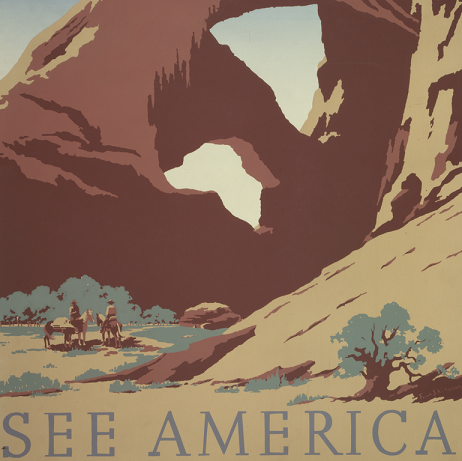
Tuesday Mar 06, 2018
Tuesday Mar 06, 2018
“The world is a book,” wrote St. Augustine of Hippo some 1,600 years ago, “and those who do not travel read only one page.”
The idea of reading page after page of the book of the world is not unique to St. Augustine. We are all homo viator, human travelers both in the sense that we are pilgrims in earth moving toward our eternal homes and in the sense that as embodied beings, we are naturally drawn to explore the world of places that we inhabit. Something in us wants to know what’s over the next hill and over the next hill and beyond that river.
Wyoming Catholic College senior Elizabeth Meluch certainly had a sense of that when she began writing her thesis and the accompanying oration she delivered last week on the subject of travel. Miss Meluch is our guest this week on The After Dinner Scholar.
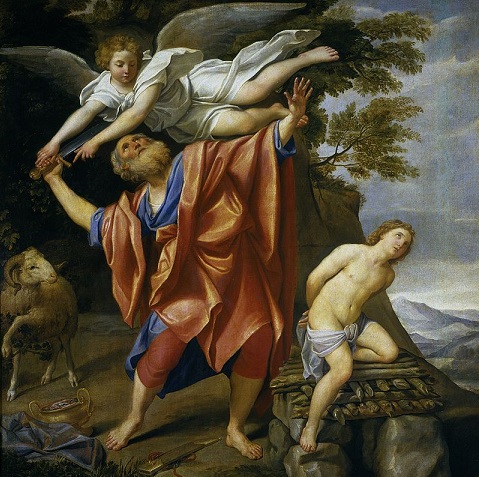
Tuesday Feb 27, 2018
Tuesday Feb 27, 2018
In order to graduate from Wyoming Catholic College, each student writes a thesis during the fall semester of senior year and then in the winter presents the topic of the thesis as a thirty-minute lecture, taking questions from the audience for another thirty minutes. The audience includes their classmates and other students, parents who arrive for the week or are there via Skype or Facetime. Oh, and there’s a panel of three faculty members armed with the first round of questions.
This week and next, The After Dinner Scholar will feature two of our seniors fresh from their orations.
This week, our guest is Jason Kirstein, who wrote his senior thesis on "The Four Causes of Obedience: A Love that Trieth the Path to the Terram Visionis [the Land of Vision]."
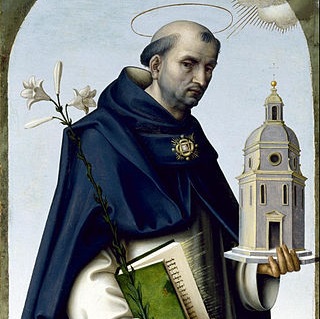
Tuesday Feb 20, 2018
Tuesday Feb 20, 2018
St. Thomas Aquinas is known primarily as a great thinker. And indeed his works still under gird a Catholic understanding of God and the world. But for St. Thomas, thinking, teaching and writing about Sacred Scripture, theology, and philosophy were never ends in themselves. His academic work—and indeed from his point of view all his work and rest—served a higher purpose.
That higher purpose animates St. Thomas' short work, “On the Perfection of the Spiritual Life.”
“Since certain persons, knowing nothing about perfection,” he began, “have presumed to speak follies concerning the state of perfection, our purpose is to treat of perfection: what it is to be perfect; how perfection is acquired; what is the state of perfection; and what befits those who take up this state.”
Theologian Dr. Kent Lasnoski has been working through “On the Perfection of the Spiritual Life with our Wyoming Catholic College seniors. Dr. Lasnoski is this week’s guest on The After Dinner Scholar.
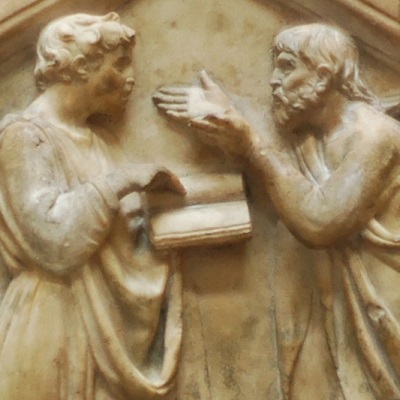
Tuesday Feb 13, 2018
Lecture: Is Reading Plato Necessary for Salvation? by Dr. Thaddeus Kozinski
Tuesday Feb 13, 2018
Tuesday Feb 13, 2018
Each year Wyoming Catholic College sponsors our Lecture Series for all students (attendance is required), faculty, staff, and our neighbors in Lander and beyond.
On February 2, The Feast of the Presentation, Dr. Thaddeus Kozinski, our Academic Dean and Associate Professor of Humanities and Philosophy delivered a lecture entitled, “Is Reading Plato Necessary for Salvation?” and we’re delighted to offer it to you in its entirety as an After Dinner Scholar podcast.

Tuesday Feb 13, 2018
Is Reading Plato Necessary for Salvation? with Dr. Thaddeus Kozinski
Tuesday Feb 13, 2018
Tuesday Feb 13, 2018
During their years at Wyoming Catholic College, students study a number of Platonic dialogues. Plato, we believe, has a great deal to say to us. His writings are central to Western civilization. But what about our personal lives? Is Plato in any sense central to or even important to our lives as Christian people?
Wyoming Catholic College Academic Dean Dr. Thaddeus Kozinski in a recent lecture entitled, "Is Reading Plato Necessary for Salvation?" argued that Plato is vital to our spiritual lives as humans and as Christian believers.
Dr. Kozinski is this week's guest on this The After Dinner Scholar interview. We are also making his entire lecture is available as a podcast.
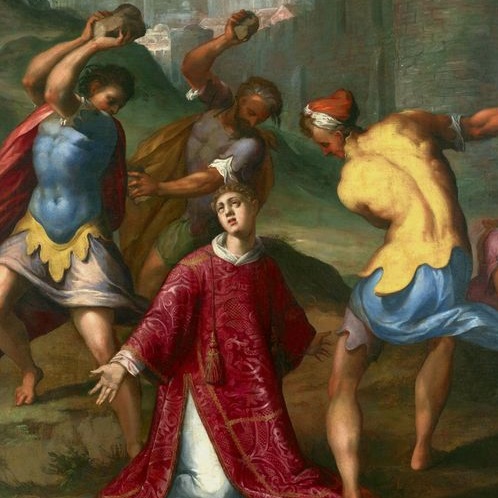
Tuesday Feb 06, 2018
To the Ends of the Earth: The Acts of the Apostles with Prof. Kyle Washut
Tuesday Feb 06, 2018
Tuesday Feb 06, 2018
“To many persons,” preached St. John Chrysostom, “this Book is so little known, both it and its author, that they are not even aware that there is such a book in existence. For this reason especially I have taken this narrative for my subject, that I may draw to it such as do not know it, and not let such a treasure as this remain hidden out of sight.”
The book to which St. John Chrysostom referred was the Acts of the Apostles, the second volume in St. Luke’s telling of the story of Jesus. “In the first book, O Theophilus,” Luke wrote, “I have dealt with all that Jesus began to do and teach.” In this second book, the Acts of the Apostles, Luke would deal with all Jesus through the Holy Spirit continued to do and teach.
Wyoming Catholic College Professor Kyle Washut has been teaching Acts to our freshmen this winter, sharing his insights and theirs with us on this installment of the After Dinner Scholar.
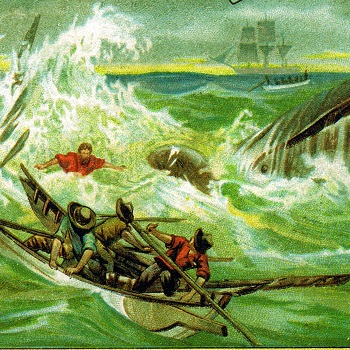
Tuesday Jan 30, 2018
The Paradox of Courage with Dr. Glenn Arbery
Tuesday Jan 30, 2018
Tuesday Jan 30, 2018
In the book Orthodoxy, G. K. Chesterton wrote about courage: “No quality has ever so much addled the brains and tangled the definitions of merely rational sages. Courage is almost a contradiction in terms. It means a strong desire to live taking the form of a readiness to die.”
Courage is vital in facing battle, persecution or martyrdom, sickness, and death. It is central to spiritual battles and speaking the truth of the Gospel to our neighbors. Relationships with others—husband/wife, parent/child, friend and friend—often require courage. And among successful executives, managerial courage in decision making is a sought-after trait.
At the same time, the word courage is used to cover up all sorts of questionable behavior and prudence requires that we know the real thing from its counterfeits. That’s why the topic of the 2018 Wyoming School of Catholic Thought—June 10-14 here in Lander, Wyoming—is “The Paradox of Courage.”
This week to give us a foretaste of the school, our guest is Wyoming Catholic College President Dr. Glenn Arbery.

